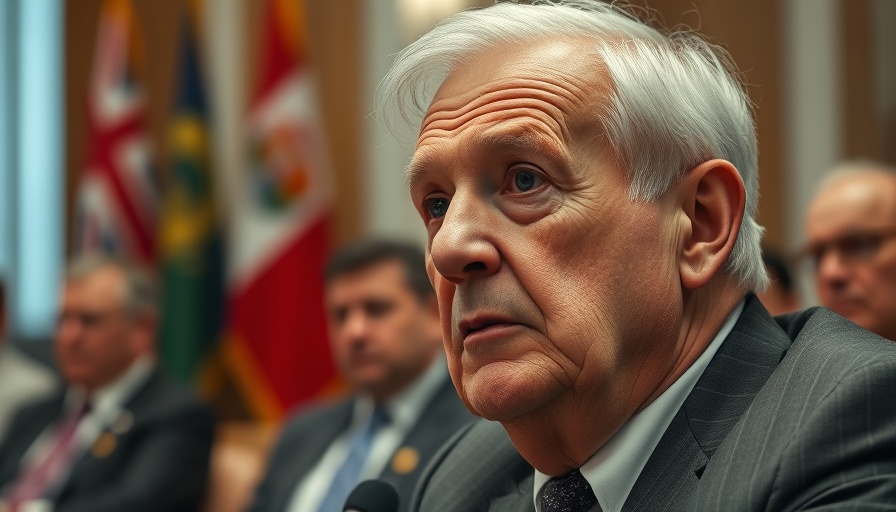
RFK Jr. Cancels Key Vaccine Funding: What It Means
In a surprising move that may change the landscape of vaccine development, Robert F. Kennedy Jr., the Secretary of Health and Human Services, announced the termination of 22 projects focusing on mRNA vaccines. The decision, which affects a whopping $500 million in funding, was revealed in a statement from Kennedy, who cited safety concerns regarding mRNA technology, particularly in vaccines aimed at combatting respiratory viruses such as COVID-19 and influenza.
Kennedy’s remarks highlight a shift in the U.S. government's approach to vaccine production, moving towards alternative methods he believes to be less vulnerable to changing virus strains. Some scientists, however, have expressed concern, labeling the cancellation as a 'dangerous decision' for public health, especially given the rapid adoption of mRNA technology that has proven effective during the pandemic.
Expert Opinions: A Divided Response
Public health experts, like Mike Osterholm from the University of Minnesota, have voiced strong opposition to Kennedy's decision, warning that this pullback could jeopardize future pandemic preparedness. Osteholm emphasized that mRNA vaccines have already saved countless lives and are critical for quickly adapting to new viral threats.
On the other hand, proponents of Kennedy’s approach agree that while traditional vaccine methods have been effective, the ever-evolving nature of viruses necessitates an innovative response. Kennedy stated, “We’re prioritizing safer, broader vaccine strategies,” suggesting a future where diverse methodologies might coexist.
Broader Implications for Vaccine Development
This cancellation not only signals a pivot in financial resources but also raises questions about public trust in vaccine technology. As Kennedy has long been a critic of existing vaccines, his leadership at HHS reflects a significant ideological shift, one that could resonate deeply within the public sphere, especially among those skeptical about vaccine safety.
As discussions around vaccine technology and its corresponding safety evolve, the stakes have never been higher for American public health. With this funding withdrawal, Boston and other communities must remain vigilant and informed about the implications for both current and future vaccine development strategies.
 Add Row
Add Row  Add
Add 




Write A Comment